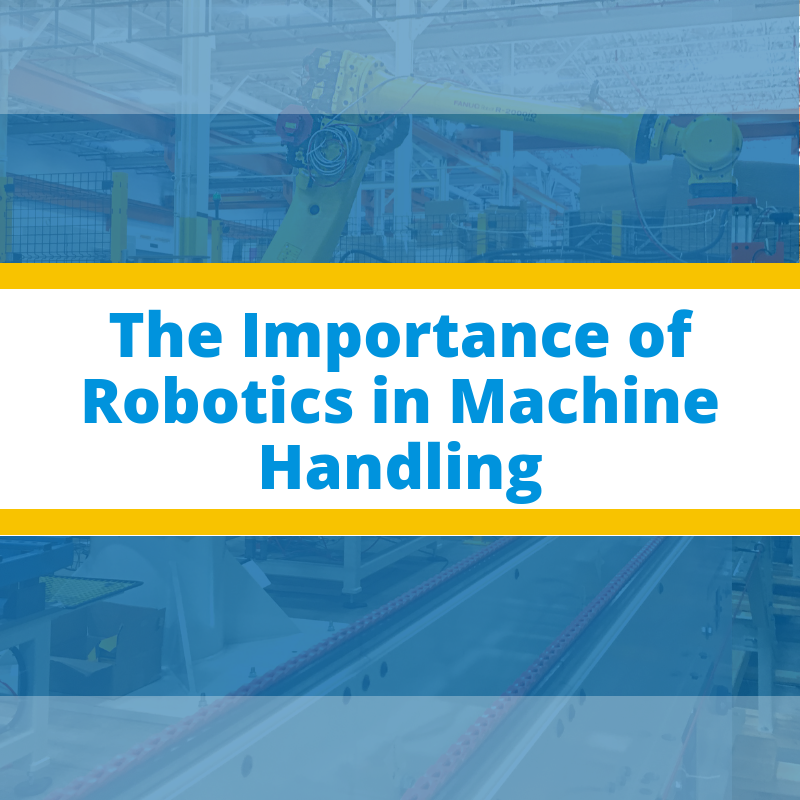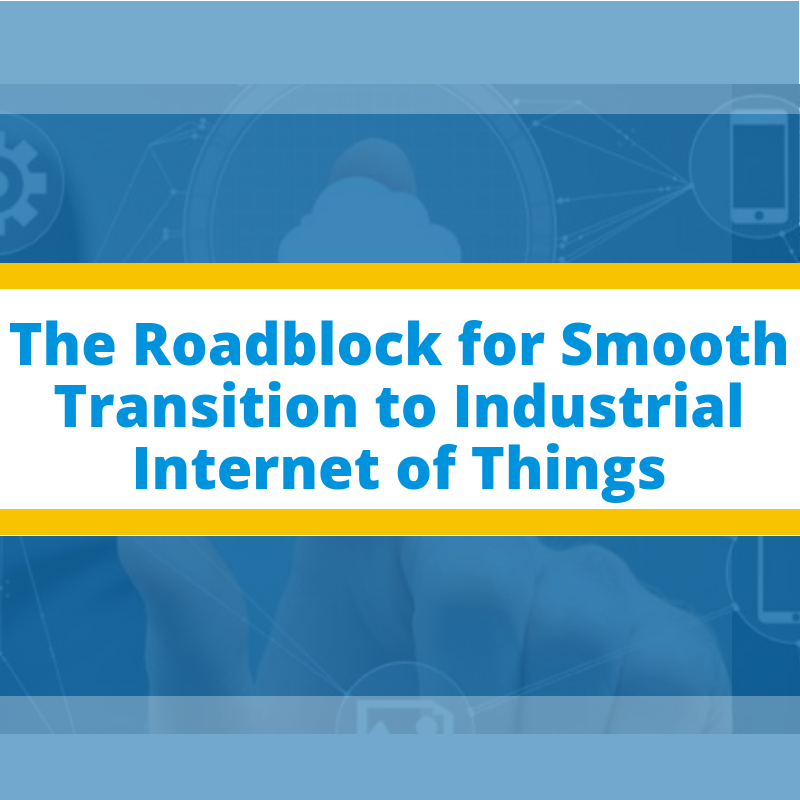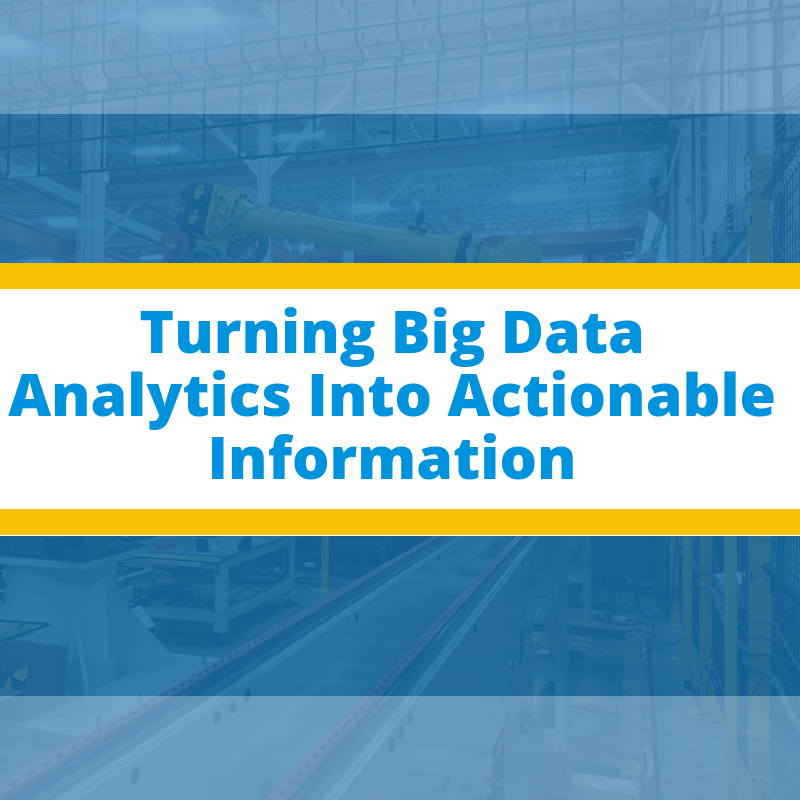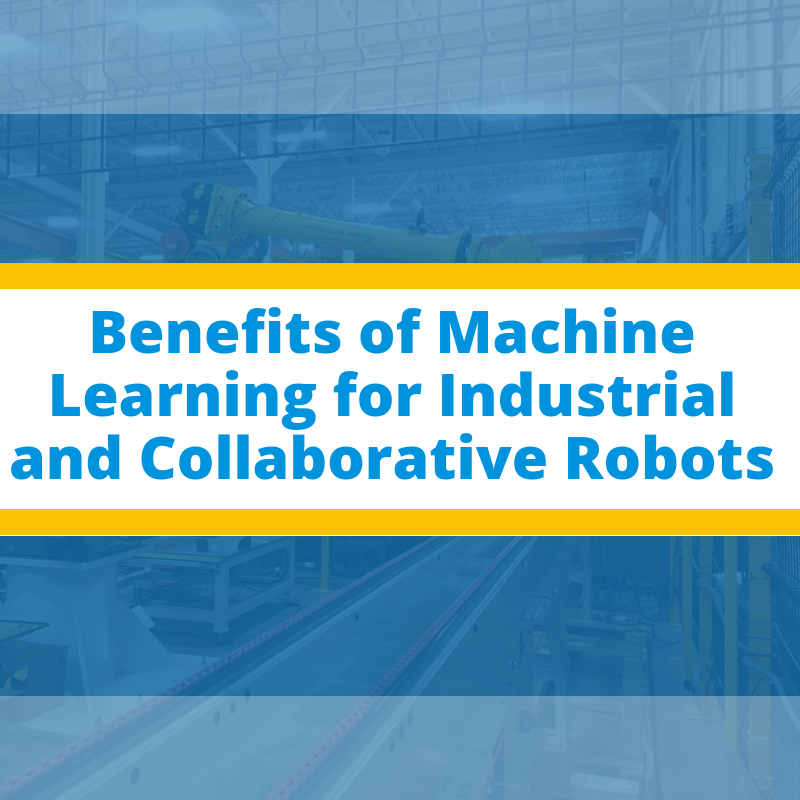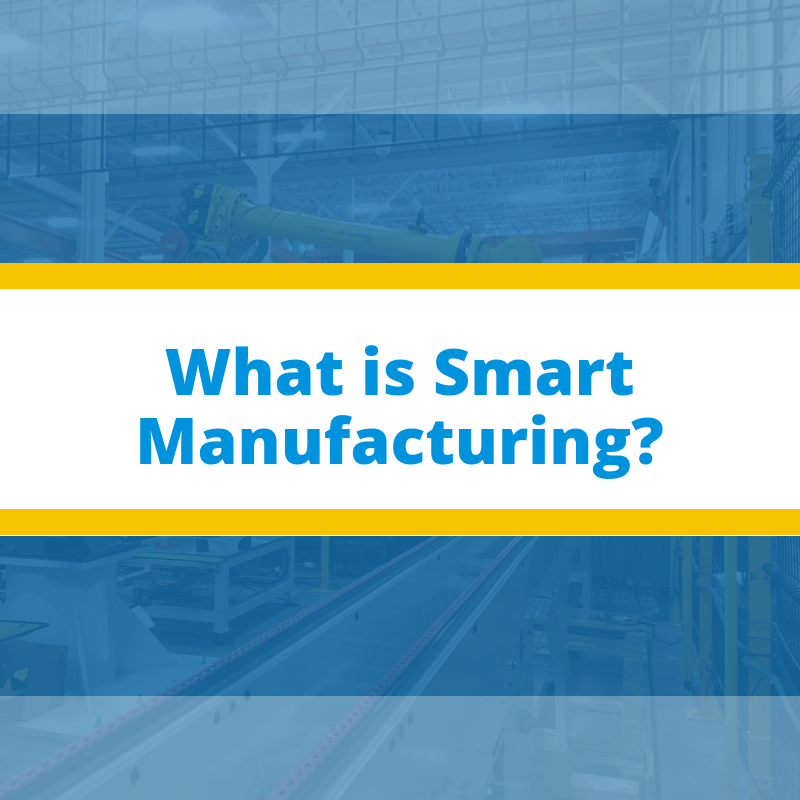Customer satisfaction has become the top-most priority for businesses involved in sales, especially with the increased involvement of social media and e-commerce services. Customers are always looking for personalized options, greater price options and easy delivery methods. Therefore, the ability of a business to meet these stringent requirements depends on how capable their warehouses are.
The Roadblock for Smooth Transition to Industrial Internet of Things
M2M systems have conventionally been deployed to solve asset-intensive processes spread over considerable geographical areas. With every passing year, the prices of the associated equipment have followed a downward trend allowing manufacturers to expand their market base. Today, the technology is rampantly used within consumer solutions, with examples being energy meters, smart housing and security systems.
Turning Big Data Analytics into Actionable Information
Big Data Analytics, Artificial Intelligence and Machine Learning. Some people don’t see a difference in these three terms, and treat them as the same. One must understand that while some concepts of these technologies may overlap, they must be looked upon independently and studied according to their applications. AI suggests automatic generation of insights when applied to Big Data, offering results with little to no effort. The data analytics user experience on the other hand has a user experience that’s different altogether.
The Benefits of Machine Learning for Industrial and Collaborative Robots
Advancing the capabilities of collaborative and industrial robots to make them smarter is something carried out through Machine Learning. Without an array of sensors or neural network systems, robots would be dull and blind to say the least. Their restriction to performing one task at a time would severely limit their productivity potential. This is where vision sensors and machine learning comes in, allowing robots to achieve much more than they could independently.
There is a lot of buzz in the industrial world today claiming that we’ve entered into a new era of industrial revolution, the fourth to be exact. The primary motivators behind these discussions has been the increased involvement of internet within the industry, but before we can truly declare a paradigm shift, we must understand each individual revolution.



